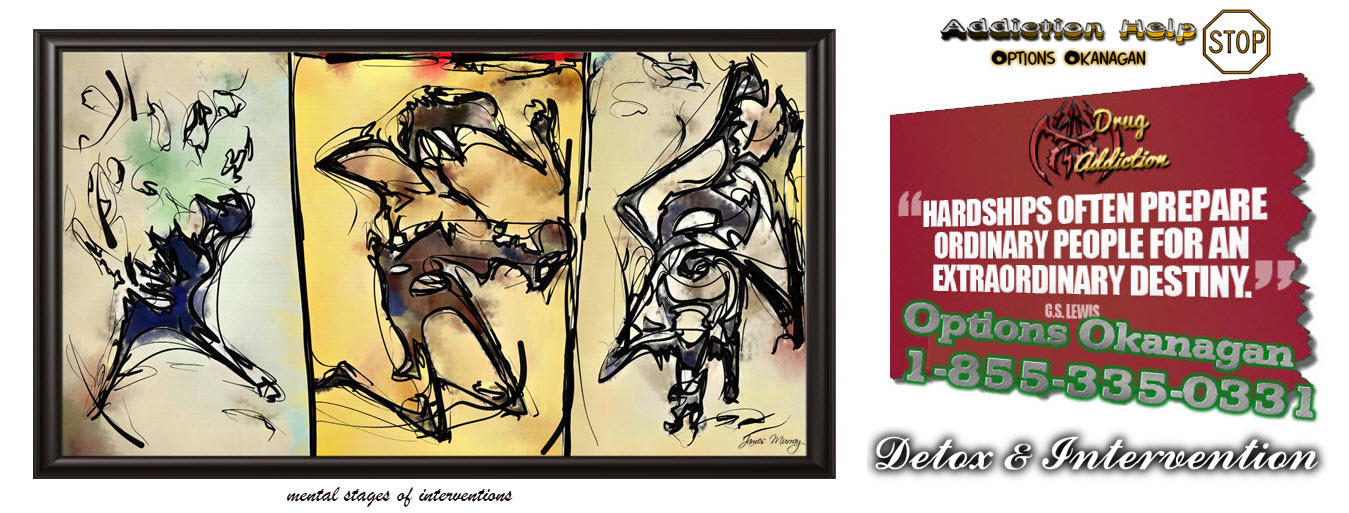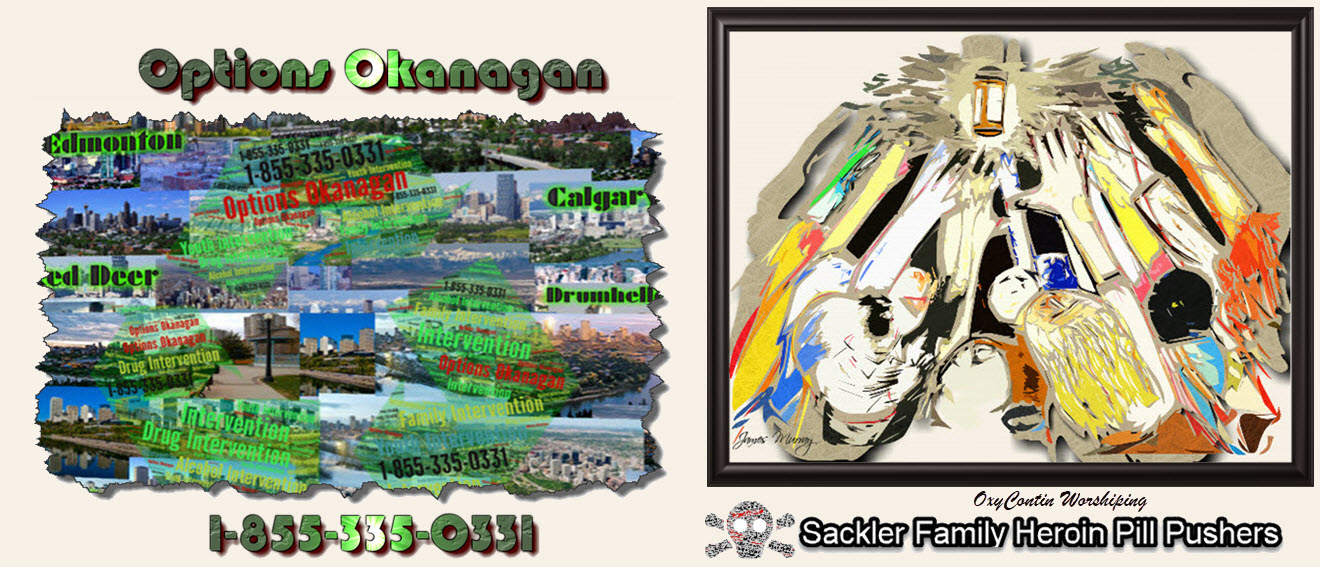Understanding interdependencies and the role families play in interventions – Information on drug opiate and alcohol interventions – Drug Rehab Programs and Treatment Centers for recovering addicts in Alberta and British Columbia – Options Treatment Center in Kelowna, British Columbia treating drug, opiate, fentanyl, heroin, and alcohol addiction and recovery.
Drug Rehab In Alberta And BC
Working with activate and codependent families of addicted loved ones is a much more difficult task for interventionists than working with alcohol or drug addicts. Families are looking for a convenient solution, which is not necessarily the best for loved ones. Families view intervention as a last resort, just as an alcoholic or addict sees their last option as treatment, and it’s scary. This means that an alcoholic or addict may find it difficult to accept the calm due to fear of the unknown and fear of change and uncertainty about what a quiet life will look like.
Many people find it much more comfortable to drink or use prescription drugs, as this is a comfortable and familiar routine for them, even if it doesn’t make sense for others to see the situation from the outside. Families react the same: they are afraid of the new routine and what it will be like for them. They may not like the current state of affairs, but they know what to expect and are comfortable with it. The addicted one resembles someone who is in prison and claims to hate being there, but they still use and it feels normal doing it. They feel more comfortable in this prison because they know what to expect and know this crazy lifestyle than when they have to deal with the uncertainty and insecurity outside of this prison.
Remember that the family members expect addicted loved ones to solve their own problems and seek help, while everything the family knows and learns about addiction comes from the alcoholic or drug addict, and it is their comfort zone why the addict never seeks help and never feels the reason. While addiction behavior is somewhat instinctive, it is a basic learned behavior that alcoholics or addicts teach families. People often say that someone taught them how to move forward. The same goes for family members when it comes to addiction and learned behavior.
Until family members get it on their own and hit rock bottom and really don’t want to live in peace, the alcoholic or addict will do nothing to change and improve because there’s no need to do so. The focus should be to stop trying to fix or change the addict and instead pay attention to what the family has allowed and why it’s getting worse instead of getting better. So the next time you talk to someone who says an addict needs to understand the issue and ask for help before things settle down, make sure you understand that this applies to you and that you understand having an addiction in the family and what it does to everybody, not just the addicted.
Understanding Interdependencies And The Role Families Play In Interventions
Options Okanagan Opiate and Alcohol Treatment Centers in Kelowna, Salmon Arm and Vancouver, British Columbia – Men and Women are recovering and healing from Alcohol and Drug Abuse at our treatment center here in the Okanagan right now.
Our unique and distinctive Opiate Drug and Alcohol treatment program allow men and women to come in from Calgary as well as Edmonton as we offer airport pickup.
Numerous clients come to us from Vancouver, Calgary, and Edmonton and other locations in Alberta and even other provinces for Opiate addiction treatment, heroin drug treatment, many other drug and alcohol addictions for rehabilitation because of the uniqueness of our treatment center.
Our (Kelowna ) Alcohol and Drug Treatment Program Location:
(Not Mailing Address) Contact Us – Web Page
For Mail Delivery :: Please contact each center for correct mailing addresses, also this location is the location of our residential treatment programs in Kelowna. Please call Toll Free 1-855-335-0331 to contact the treatment center you are going to for the address and directions.
Options Okanagan Drug and Opiate Treatment Center
551 Sherrydale Crescent, Kelowna, British Columbia, V1V 2E6
Toll-Free Phone Number: 1-855-335-0331




